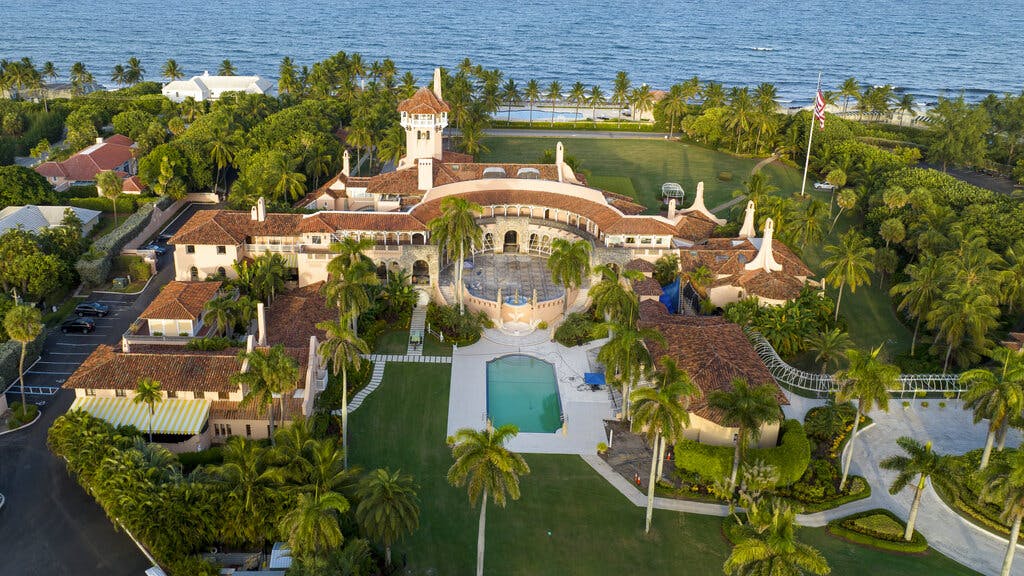The Logic of a Special Master
A check is needed on an investigation rapidly spiraling into political waters on a set of legal facts as yet to be adjudged seaworthy.

Will the next entrance in the Trump drama be “enter stage right, a special master”? That possibility looms as Judge Aileen Cannon has signaled her “preliminary intent” to appoint such an officer of the court to sort through the material seized at Mar-a-Lago, even though the FBI asserts that its own “taint team” is up to the task. The G-men claim to have segregated a “limited set of materials that potentially contain attorney-client information.”
If ever there were a moment for a special master, this is it. This week is apt to feature a flurry of filings on this head, culminating in a hearing before Judge Cannon, when the question will be adjudicated. The culling of privileged documents was precipitated by an order from the judge, whose task it is now to decide whether further supervision and intervention is suitable. The DOJ is to defend its prerogatives over the papers.
It’s hard to see — given the politicization of the Justice Department — what downside might exist in Judge Cannon appointing a special master. It would provide a much needed check on an investigation rapidly spiraling into political waters on a set of legal facts as yet to be adjudged seaworthy. The seizure of President Trump’s passports, while subsequently returned, suggests that to DOJ hammerheads, everything looks like a nail.
In his request for the appointment of a special master, President Trump writes that “Law enforcement is a shield that protects Americans” and “cannot be used as a weapon for political purposes.” Mr. Trump felt the serrations of that sword in Russiagate, only to discover that the FBI’s Russiagate case was less ironclad than phantasmagoric. One does not have to be paranoid to grasp that an independent check could be welcome.
Who are these masters, and what makes them special? Federal Rule of Civil Procedure 53 empowers judges to appoint special masters to assist the court. The rule encourages the appointment of such a master in “some exceptional condition.” Past special masters have included Kenneth Feinberg’s shepherding of the 9/11 victims’ compensation fund, and briefly, Professor Lawrence Lessig, in the antitrust push against Microsoft.
To those who object to yet another character joining what is already becoming a crowded judicial list of dramatis personae, between Judge Cannon and a magistrate judge, Bruce Reinhart, we refer professor Philip Hamburger’s essay, which takes aim at the strange persistence of these magistrates and the murkiness of their constitutional authority. At least a special master would be appointed by a jurist invested with the full majesty of Article III.
Legal sages have opined that in the run of the mill, special masters are summoned in cases involving attorney-client privilege, rather than its executive cousin. As our own editorial pages have noted, though, the matter of the relation of the president to his papers is an unsettled one, to say the least. Before the Presidential Records Act was passed, the Congressional Research Services notes that “records were considered the President’s private property.”
We agree with a federal case cited by Mr. Trump, in which the court ruled that it was too much of a “leap of faith” to expect that a Chinese wall within the Justice Department or FBI would be adequate without a special master. It would be farcical — not to mention unconstitutional — for the Justice Department to suggest it’s independent of the President. The same goes for the DOJ’s claim to be both builder and watcher of its own wall.

